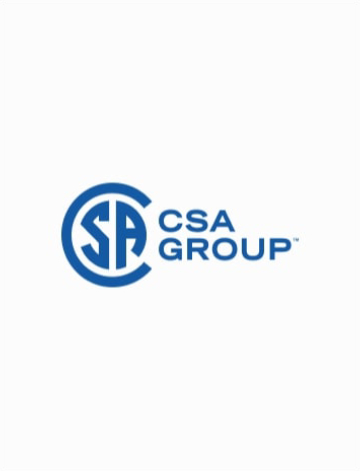Preface
This is the first edition of CSA C881, Performance of general service integrated lamps.
The requirements of this Standard are in addition to those specified in Canadian Electrical Code, Part I; CSA C22.2 No. 250.13, Light emitting diode (LED) equipment for lighting applications; CSA C22.2. No. 84, Incandescent lamps; CSA C22.2 No. 1993, Self-ballasted lamps and lamp adapters; and CSA C22.2 No.74, Equipment for use with electric discharge lamps.
CSA Group acknowledges that the development of this Standard was made possible, in part, by the financial support of Natural Resources Canada, BC Hydro, Manitoba Hydro, Hydro-Québec, the Canadian Electricity Association, the Independent Electricity System Operator, the Nova Scotia Department of Energy, SaskPower, and Efficiency Nova Scotia.
This Standard has been developed in compliance with Standards Council of Canada requirements for National Standards of Canada. It has been published as a National Standard of Canada by CSA Group.
Scope
1.1
This Standard specifies test procedures and minimum performance requirements for general service integrated lamps and small diameter directional lamps.
1.2
This Standard includes common testing procedures and performance requirements applicable to all general service integrated lamps, as well as some specific testing procedures and performance requirements applicable to non-solid-state lighting (SSL); or to solid-state lighting (SSL).
1.3
This Standard does not include requirements for luminaires.
1.4
In this Standard, shall is used to express a requirement, i.e., a provision that the user is obliged to satisfy in order to comply with the Standard; should is used to express a recommendation or that which is advised but not required; and may is used to express an option or that which is permissible within the limits of the Standard.
Notes accompanying clauses do not include requirements or alternative requirements; the purpose of a note accompanying a clause is to separate from the text explanatory or informative material.
Notes to tables and figures are considered part of the table or figure and may be written as requirements.
Annexes are designated normative (mandatory) or informative (non-mandatory) to define their application.

